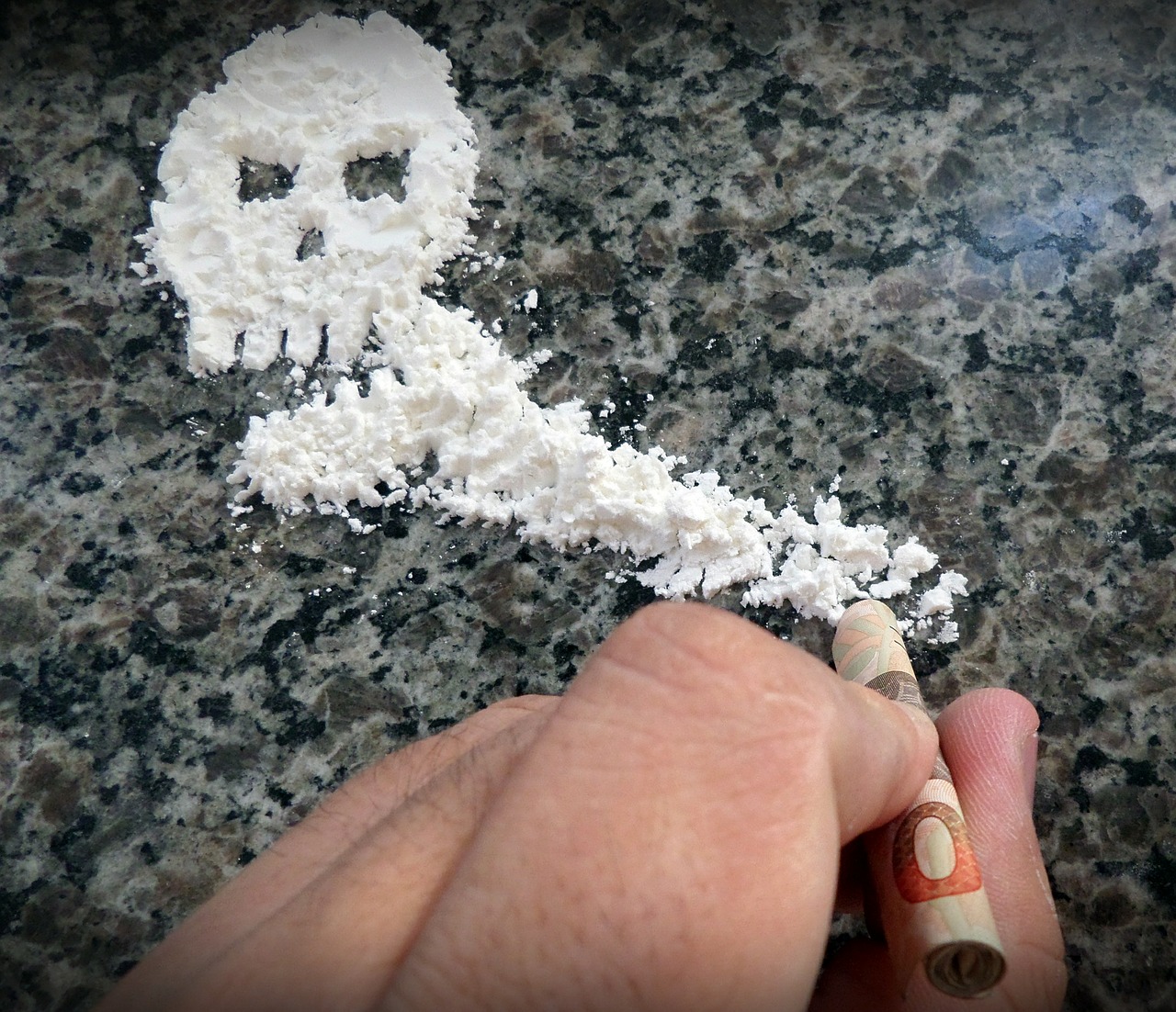
It can be a long road to recovery from any sort of addictive drug. Once you realise that you have a problem, then it is up to you to maintain your strength in slowly reducing your destructive behaviour. It can be hard on the journey, but it is certainly worth it. So, if you need some help or if you are feeling a little shaky, or are even looking for a way to get started, here is a list of mental processes to assist in your recovery whether you are looking to rehab in London or anywhere else near you.
Addictive Thinking
One of the main mental barriers to recovery that rehabs can help you work to overcome is Addictive Thinking.Addictive Thinking, according to The Journal of Neuroscience, is where your brain allows itself to develop patterns and thoughts so that it can take addictive substances, despite knowing the negative consequences. This means that any impulsive behaviour is usually the dominant force and can continue the cycle of drug intake.
In order to combat this, it is important to consider the future and what may lie ahead if the substance is ingested again. Instead of thinking these reasons, be sure to write them down and keep looking at them if you are struggling. These long-term goals can inspire you to move forward. You can even say them out loud if you are going to a recovery group.

Learn about the Expected
If you are scared of what may be lying ahead for you in terms of rehabilitation and any withdrawal symptoms, it is important to keep in mind that what you already know can only hurt you so much. Once you are mentally prepared for any psychological or physical problems, then you can seek help if it is too much to cope with on your own.
Overcome and Succeed
Instead of fearing the negative, why not focus on the positive? You have already started your research into withdrawal symptoms of your addiction, so why not focus on the positive things you could achieve once you overcome it. For instance, if you are afraid of shaking from withdrawal, think of something to reward yourself with, or a friend or family member who you can call to congratulate for overcoming it.
Exercise is key
Whilst partaking in physical exercise may not be classified as a “mental process”, activities such as yoga and meditation can certainly assist you on your journey to recovery. Every recovery process is individual, but focusing your mind can allow you to focus on the emotions that are causing you to struggle.
Music and Art
Instead of keeping your fears locked in your mind, find time to indulge in either painting or art, or even find new songs which can help cheer you up. These can really help you express your emotion and over time will allow you to safely vent any fear, frustration or negativity. It can even help you reflect on the past in the future when you have completed your recovery.

